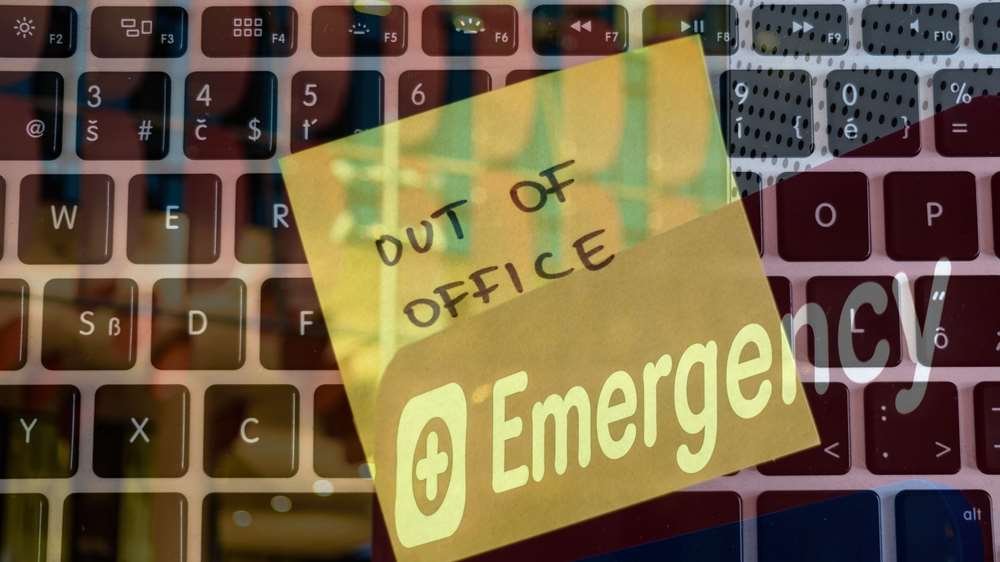Emergency Volunteer Leave: what employers and employees need to know
Published by Gbaf News
Posted on April 22, 2020
3 min readLast updated: January 21, 2026

Published by Gbaf News
Posted on April 22, 2020
3 min readLast updated: January 21, 2026

By Andrew Willis, Head of Legal at Croner
What is Emergency Volunteer Leave?
Implemented as part of the emergency coronavirus legislation introduced on 26 March, Emergency Volunteer Leave has been announced to assist the health and social care sector during the outbreak. Due to the increased pressure being placed on the sector by the coronavirus, and the risk that staff working within it will become sick in potentially large numbers, the aim is to provide a larger pool of volunteers to offer further support and enable the sector to cope with demand.
Emergency Volunteering Leave allows certain workers to take unpaid statutory leave to volunteer in relevant health and social care authorities. Unlike typical volunteering arrangements, eligible workers do not need their employer’s position to take this leave. They are also legally protected from suffering a detriment, or a dismissal, as a result of taking the leave and have the right to return to the same job they had previously, with all of their terms and conditions intact. Those who are mistreated will be able to bring a claim against their employer, which could result in them receiving unlimited compensation.
The right to take Emergency Volunteer Leave is expected to be clarified further in upcoming regulations. It is currently unknown when, or if, it will come into place. However, it should be noted this is a separate provision to the NHS volunteering scheme, which 750,000 individuals have already signed up to.
Who is entitled to Emergency Volunteer Leave?
Any worker, including zero-hours workers, will be entitled to take the leave provided they are suitably skilled and experienced in the field they wish to volunteer. To prove this, they will be given an emergency volunteering certificate from a relevant health and social care authority. A copy of the certificate must be provided to the employer, alongside three working days’ notice at least, before they take the leave.
Who is exempt from Emergency Volunteer Leave?
Generally, workers who meet the eligibility can insist on taking the leave. However, some workers are exempt from being able to do this. Exempt workers are:
How long can you take Emergency Volunteer Leave for?
Workers will be able to take the leave in blocks of two, three or four weeks depending on need. They will only be able to take one period of leave per 16 weeks, and the government is expected to consult on subsequent leave.
Can those who take Emergency Volunteer Leave be paid?
While volunteering, workers are entitled to benefit from all of their usual terms and conditions of employment, except for pay. Employers do not have to pay staff who take this leave although they are welcome to do so if they choose to.
For workers that take the leave, it is expected that the government will compensate them for expenses such as travel and food. How this would work in practice is also to be outlined in future regulations.
In regards to pension contributions during the leave, this should be treated in the same way as workers who are on maternity leave. Therefore, time spent on Emergency Volunteer Leave should be treated for pension purposes as though the worker was working normally, meaning contributions will still need to be made. Employer contributions should be based on normal rates of pay, while employee contributions should be based on their pay during the leave.
Explore more articles in the Business category











